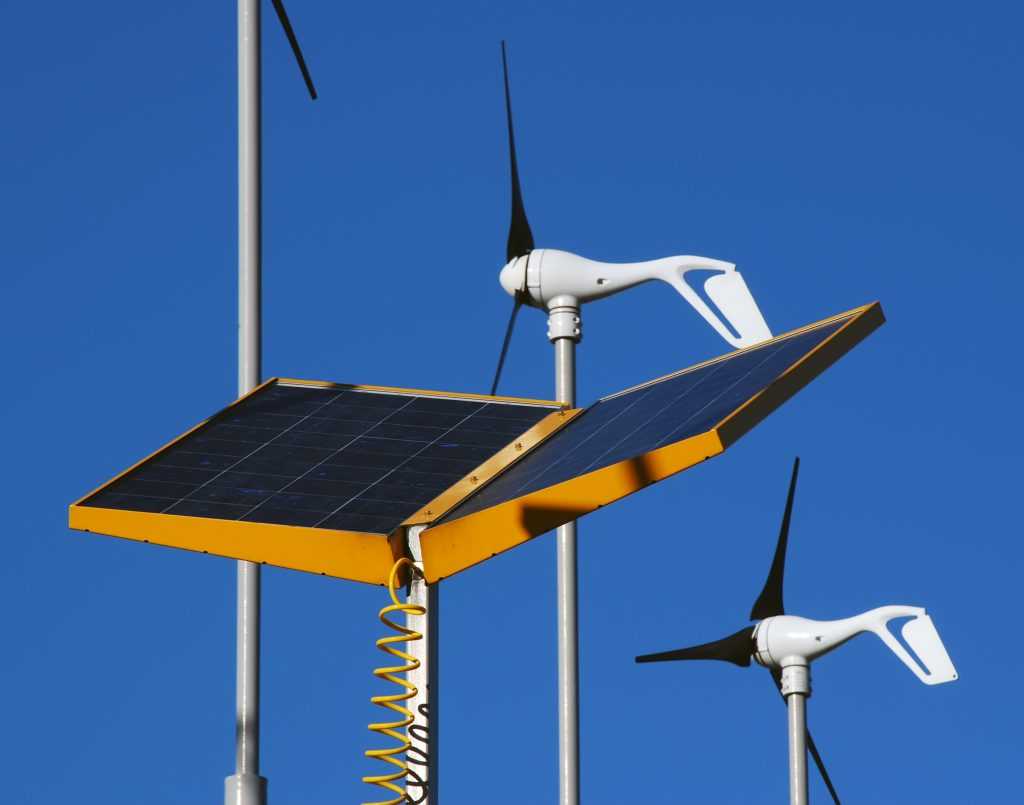 There is no point in wasteful practices, whether at work or at home. The resources that people enjoy are not without limit, and the effect of wastage are often eventually felt.
There is no point in wasteful practices, whether at work or at home. The resources that people enjoy are not without limit, and the effect of wastage are often eventually felt.
To make sure you live a lifestyle that isn’t given to wastage, here are some tips.
Check Your Lights
Perform an inspection of your home and see where you can save energy. Replace your old incandescent lights with CFL or LED. These are both energy efficient, especially LED lights, and they are usually brighter when compared to incandescent bulbs per watt. Many of them last longer, as well. They may cost more than regular bulbs, but over time you can save more because of their thrifty energy use.
Inspect Your Appliances
Older appliances may not be as efficient as new models. If you have Energy Star-compliant appliances that seem to be using more energy than usual, they may be damaged. Some may already require replacement, but there are probably others that only need some repairs. Find a business offering appliance repair in Wellington to see if your old or damaged appliances can still be restored to efficient functionality, advised an expert from Adam Tulloch.
Check Your Home’s Insulation
Bad insulation is often the single most wasteful issue in a home. Having no proper and complete insulation, heated or cooled air escapes, forces your machine to work harder and longer before you achieve that balance on your thermostat.
Check Your Car’s Cost to Own
Your car’s fuel consumption may be making it too costly to own. Aside from using up too much fuel, it may also cost more to fix and maintain. If any of these are your concerns, it’s probably time to sell or trade it in for a compact or small car that gets the job done for less fuel, and that will last a lot longer.
Living a less wasteful lifestyle is not only for the benefit of the environment or your wallet. It is also something that may help you live a healthier and happier life.

